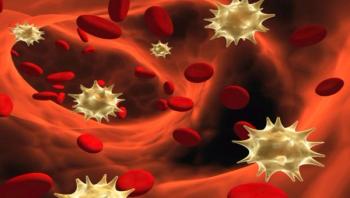
News



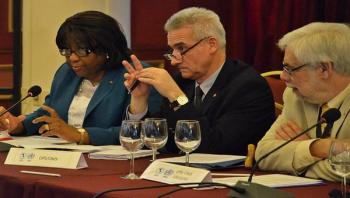
More resources are urgently needed to fight the spread of Zika in the Americas and the apparently related increase in microcephaly and other complications, Carissa Etienne, director of the Pan American Health Organization/World Health Organization (PAHO/WHO) told ministers of health today in a meeting convened by the Southern Common Market (MERCOSUR), in Montevideo, Uruguay.
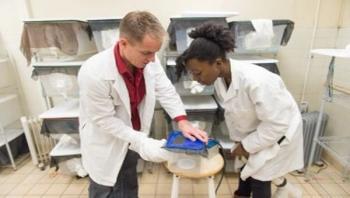
How concerned should you be about the Zika virus? What research is being conducted on the virus? Is a vaccine the best or only approach to containing the virus? Scientists in Colorado State University's Arthropod-borne and Infectious Diseases Laboratory are among the nation's experts on these topics, and they've provided responses to some of these questions, and more.

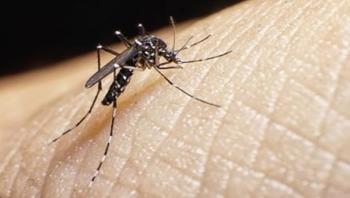





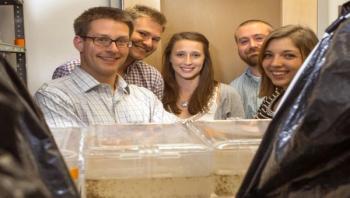
The very thought of them makes a person shudder - and scratch. Those bloodsucking bed bugs are endemic in every major city, and they're very hard to get rid of. A massive international research partnership - including the University of Cincinnati - has sequenced the entire genome of the common bed bug, uncovering several traits that also could reveal why they're so resistant to pesticides. The article is one of two papers sequencing the bed bug gene that is published this month in the journal Nature Communications.
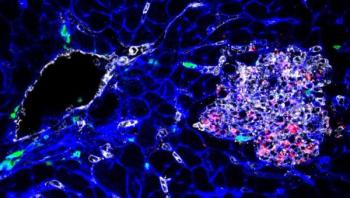
Researchers from the Institut Pasteur, Inserm, CNRS and Paris Descartes - Sorbonne Paris Cité University recently published a large-scale study in Nature Genetics based on almost 7,000 strains of Listeria monocytogenes -- the bacterium responsible for human listeriosis, a severe foodborne infection. Through the integrative analysis of epidemiological, clinical and microbiological data, the researchers have revealed the highly diverse pathogenicity of isolates belonging to this bacterial species. Comparative genomics led them to discover new virulence factors, which were demonstrated experimentally as involved in cerebral and fetal-placental listeriosis. In addition, this research points to the importance of using new reference strains, which are representative of the hypervirulent lineages identified here, for experimental research on Listeria monocytogenes pathogenesis.
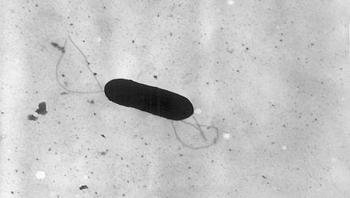
Listeria bacterium found in food, which can infect people and cause temporary gastro-intestinal distress, is a serious health risk for pregnant women and for people with compromised immune systems. According to a dissertation from Umea University in Sweden, the bacterium, which sometimes causes the lethal illness listeriosis, reacts to light by activating defense mechanisms.




Computer scientists and statisticians at Colorado State University are turning disease outbreak planning exercises into a game. They’re creating powerful new software that can predict, simulate and analyze a major disease outbreak – all in the form of an intuitive, multiplayer game.


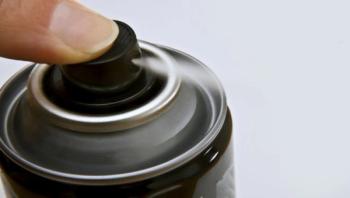





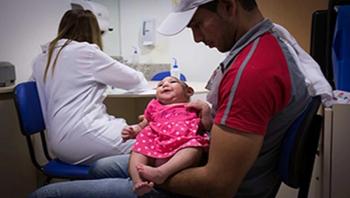
Today, WHO held its first meeting of the International Health Regulations (2005) Emergency Committee on Zika virus and the observed increase in neurological disorders and neonatal malformations known as microcephaly.
